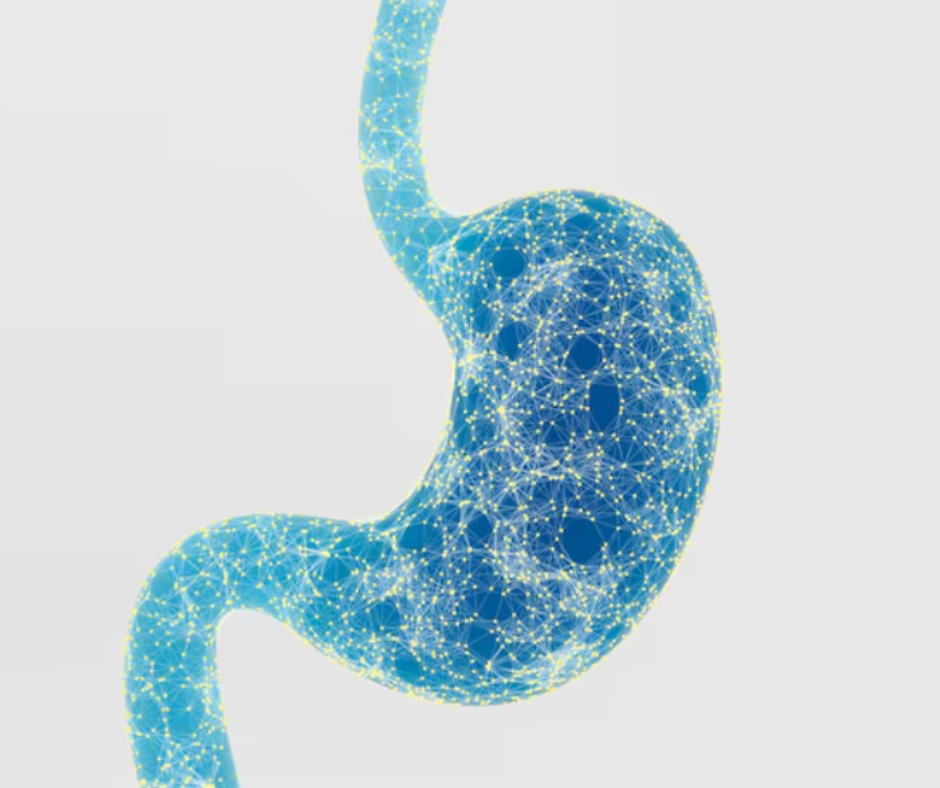The Role of Gastroenterologist Tests in Diagnosing Digestive Disorders
- livercarecenter23
- Apr 6, 2023
- 3 min read
Written by : gastroenterologist kochi
Gastroenterologist tests play a crucial role in diagnosing digestive disorders, which can affect people of all ages and can cause a wide range of symptoms. These tests are performed by a gastroenterologist, a medical doctor who specializes in the diagnosis and treatment of digestive system disorders.
The digestive system is a complex network of organs that work together to digest food, absorb nutrients, and eliminate waste. Digestive disorders can affect any part of this system and can lead to a variety of symptoms, such as abdominal pain, bloating, diarrhea, constipation, and nausea. In some cases, digestive disorders can also lead to more serious health problems, such as malnutrition, weight loss, and even cancer.
Gastroenterologist tests are designed to help identify the underlying cause of digestive symptoms and to develop an appropriate treatment plan. There are several types of tests that a gastroenterologist may perform, including:
Endoscopy: This is a minimally invasive procedure that uses a thin, flexible tube with a camera on the end to examine the digestive tract. The gastroenterologist can view the inside of the esophagus, stomach, and small intestine and take biopsies if necessary.
Colonoscopy: This is a procedure that examines the inside of the large intestine (colon) and rectum using a long, flexible tube with a camera on the end. Colonoscopy is often used to screen for colon cancer or to investigate unexplained changes in bowel habits.
Blood tests: A gastroenterologist may order blood tests to check for certain markers of digestive disorders, such as inflammation or infection.
Stool tests: Stool tests can help diagnose a range of digestive disorders, including infections, inflammation, and bleeding.
Imaging tests: X-rays, CT scans, and MRIs can provide detailed images of the digestive tract and help diagnose conditions such as Crohn's disease or ulcerative colitis.
Breath tests: These tests can help diagnose conditions such as lactose intolerance or bacterial overgrowth in the small intestine.
Overall, gastroenterologist tests play a vital role in diagnosing digestive disorders and developing effective treatment plans. If you are experiencing digestive symptoms, it's important to speak with a
gastroenterologist who can perform the appropriate tests to identify the underlying cause and provide the best possible care.
The Importance of Gastroenterologist Tests in Preventing Colon Cancer
Colon cancer is a type of cancer that develops in the colon, which is a part of the digestive system. It is the third most common type of cancer worldwide, and it can be life-threatening if not detected and treated early. Gastroenterologist tests play an essential role in preventing colon cancer by detecting precancerous or cancerous changes in the colon.
Colon cancer typically develops from precancerous polyps, which are growths in the lining of the colon. These polyps may not cause any symptoms, but over time, they can grow and become cancerous. Gastroenterologist tests can detect these polyps and allow for their removal before they become cancerous.
One of the most effective gastroenterologist tests for preventing colon cancer is colonoscopy. During a colonoscopy, a gastroenterologist examines the entire colon using a long, flexible tube with a camera on the end. If any polyps are found, the gastroenterologist can remove them during the procedure. Removing these polyps can prevent them from becoming cancerous and reduce the risk of developing colon cancer.
In addition to colonoscopy, other gastroenterologist tests, such as fecal occult blood tests and fecal immunochemical tests, can detect blood in the stool, which may be a sign of colon cancer. If these tests are positive, a colonoscopy may be recommended to investigate further.
It is recommended that individuals at average risk for colon cancer undergo regular colon cancer screenings starting at age 45. Those with a family history of colon cancer or other risk factors may need to start screening earlier and have more frequent screenings. Regular colon cancer screenings can detect precancerous polyps and allow for their removal before they become cancerous, which can significantly reduce the risk of developing colon cancer.
In conclusion, gastroenterologist tests play a crucial role in preventing colon cancer. Colonoscopy, in particular, is an effective screening tool that can detect precancerous polyps and allow for their removal before they become cancerous. If you are at average risk for colon cancer, it's important to speak with your healthcare provider about scheduling regular colon cancer screenings.




Comments